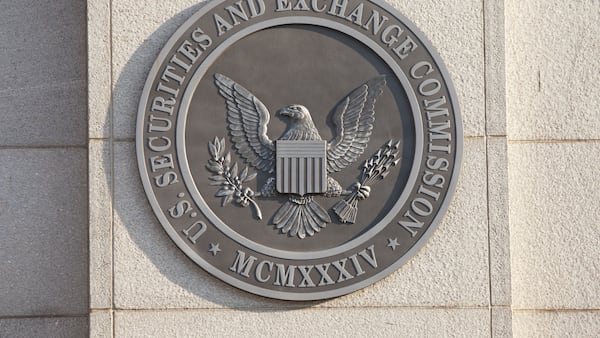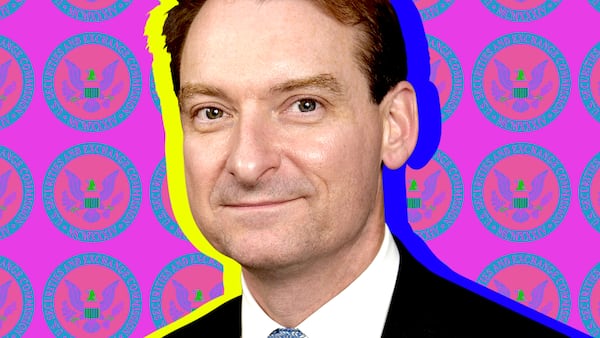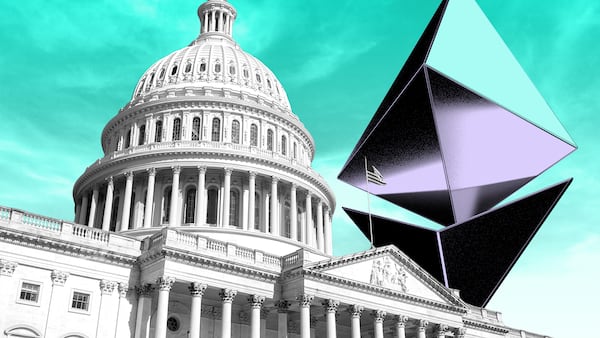- The Clarity Act may include protections for non-custodial developers.
- DeFi builders may be excluded from money transmitter regulations.
- CFTC oversight would not apply to most passive DeFi infrastructure roles.
A version of this story appeared in our The Guidance newsletter on June 9. Sign up here.
Being a builder or developer in crypto’s decentralised finance corner could be likened to walking a legal tightrope in the fog.
But a new bill in Congress is looking to add a bit more “clarity.”
A freshly revised version of the 247-page CLARITY Act includes new language that could offer long-sought legal protection for crypto developers, wallet makers, and infrastructure providers.
The bill is sponsored by House Republicans, including French Hill, Dusty Johnson, and Majority Whip Tom Emmer.
Its latest amendment, known as an Amendment in the Nature of a Substitute, adds a key provision.
The clause specifies that “non-controlling” developers, encompassing those who write or publish code, provide non-custodial wallets, or maintain blockchain infrastructure, “shall not be treated as a money transmitter” solely on that basis.
That distinction may soon be written into law for the first time and would be a major boon for DeFi builders.
In recent years, developers behind projects like Tornado Cash and Samourai Wallet have faced criminal charges for allegedly operating unlicensed money transmitting businesses, despite not holding customer funds.
Publishing code
Those cases have drawn criticism from the crypto industry and digital rights advocates, who argue that publishing code or facilitating user self-custody should not be treated the same as moving money on behalf of others.
Still, the safe harbour applies only to these so-called “non-controlling” actors. Its exact definition will likely be debated as the bill moves forward.
Protocols with admin keys or insider influence may not qualify.
And while the amendment narrows the scope of who must register as a money transmitter, it doesn’t address the broader range of enforcement tools still available to agencies like the US Securities and Exchange Commission or the US Department of Justice.
Other major parts of the bill would exempt a wide range of decentralised finance activities from Commodity Futures Trading Commission oversight, so long as they don’t involve fraud or manipulation.
Node operators, oracle providers, liquidity pool participants, and wallet developers would not be required to register under commodities law simply for offering infrastructure or tools.
Blockchain control person
Separately, a new “blockchain control person” definition aims to restrict token sales by insiders who retain unilateral authority over a protocol, especially for projects deemed “mature” under the bill’s decentralisation test.
The House Financial Services Committee is set to hold a markup on the bill on Tuesday, where lawmakers will debate and vote on the proposed amendments.
Kyle Baird is DL News’ Weekend Editor. Got a tip? Email at kbaird@dlnews.com.









